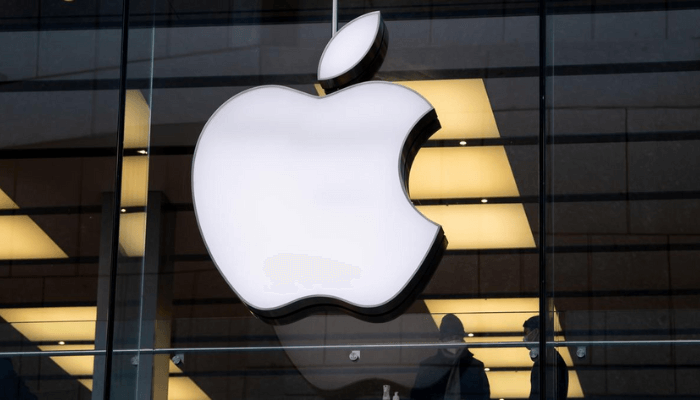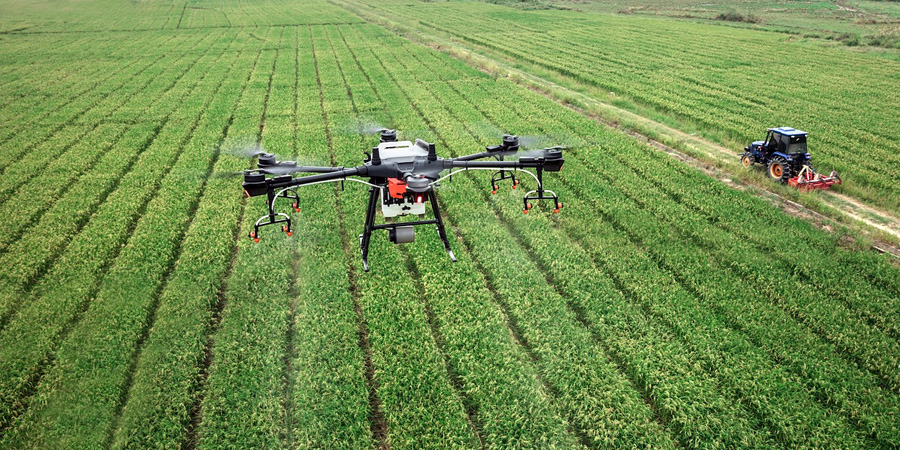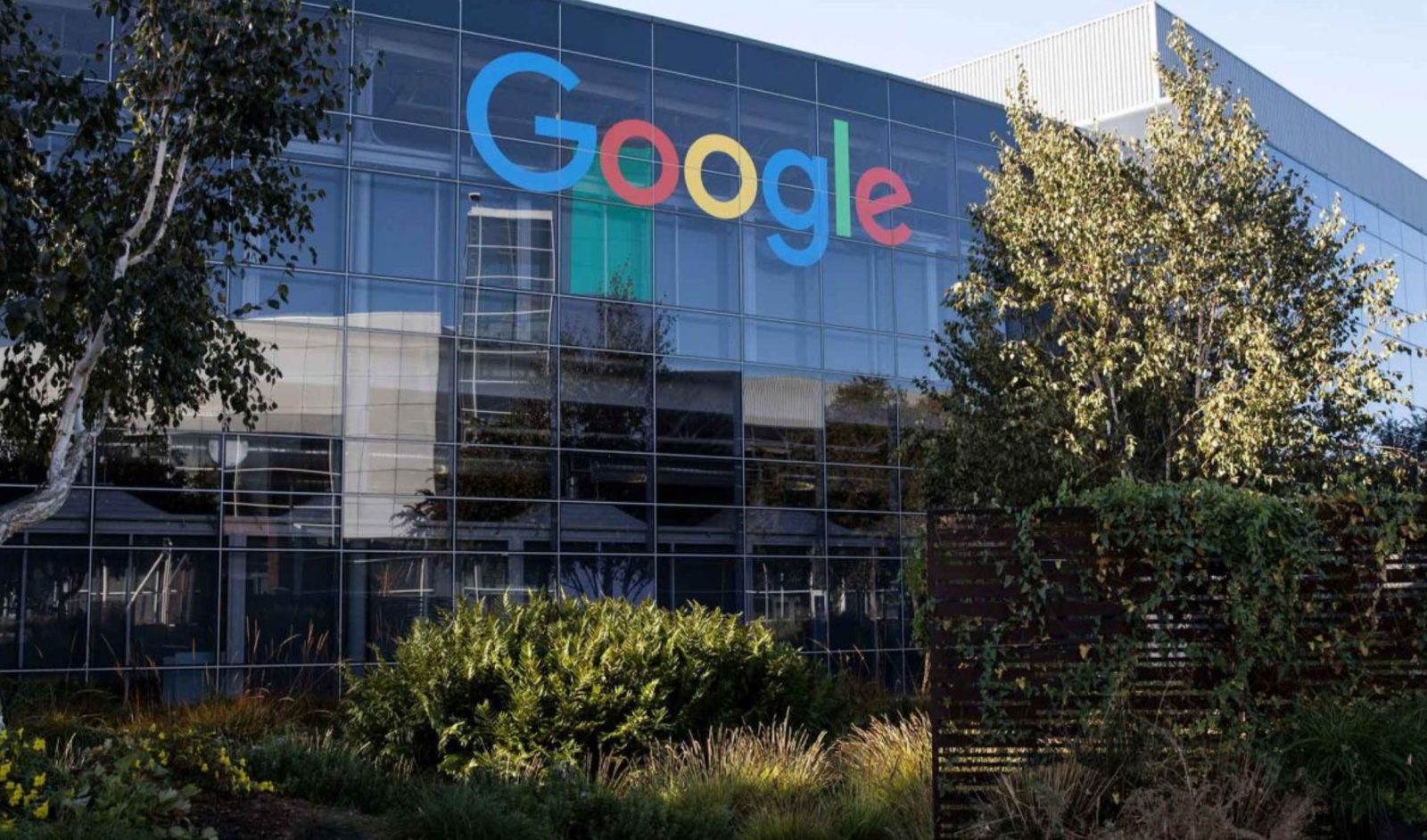By David Olujinmi
Copyright businessday

Apple Inc. has shed $56.8 billion in market value since unveiling its new iPhone 17 on September 9, a release that has so far failed to excite Wall Street.
Shares of the $3.5 trillion company slipped 1.6 percent between September 9 and 12. This dip reflects investor scepticism about the tech giant’s latest flagship device.
The sell-off was most pronounced on September 10, when Apple’s stock tumbled 3.2 percent just a day after the launch announcement. Analysts say the sharp decline underscored concerns that the iPhone 17 offered only incremental updates. Investors had been hoping for a breakthrough innovation. A partial rebound followed on September 11 as the market corrected, and new pre-order data began to shift sentiment.
Read also: Apple bets on services, AI to power growth beyond iPhone
Apple opened pre-orders for the iPhone 17 on September 12, and early figures have provided a glimmer of optimism. Reports from China, Apple’s second-largest market, indicate record-breaking day-one pre-orders, suggesting resilient consumer demand despite an overall decline in consumption in China. That enthusiasm helped push Apple shares 1.29 percent higher in pre-market trading on September 15 as investors recalibrated their outlook.
Still, the company’s broader performance this year has disappointed. Apple’s stock is down 4.01 percent year-to-date. It is underperforming the S&P 500, which has gained 14.84 percent over the same period.
Why Apple is down
That nearly 19-percentage-point gap highlights how far Apple has fallen out of favour in 2025. The drag is largely attributed to the company’s slower push into artificial intelligence.
On Wall Street, AI is a sector that has dominated both investor focus and tech industry narratives over the past year.
Apple’s AI strategy has faced turbulence. The company’s most senior AI executive, Robby Walker, recently departed amid frustrations over the pace of product integration and organisational inertia. In contrast, rivals like Microsoft, Google, and Nvidia have aggressively expanded AI offerings, translating that momentum into significant market gains.
Geopolitical pressures have also weighed on Apple. The company has been caught in the crossfire of President Donald Trump’s aggressive tariff policies, which target Chinese imports. With virtually all its products manufactured outside the U.S., Apple has had to diversify its supply chain rapidly. A sizable portion of its iPhone production has already shifted from China to India, a move aimed at reducing vulnerability to trade shocks.
At the same time, Apple has pledged to invest $500 billion in the United States over the next four years.
Read also: Are you ready: era of the $2,000 iPhone
For now, the iPhone 17’s muted reception on Wall Street reflects both immediate concerns over product innovation and deeper unease about Apple’s strategic positioning in the AI-driven future of technology.



